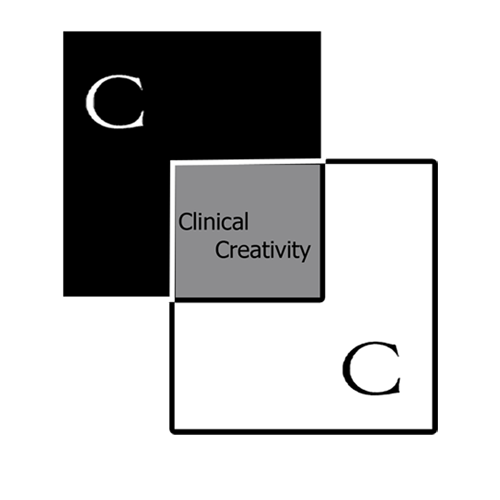Network theory offers some insights and structure to the study of systems, whether random or complex. In particular scale free networks "webs without spiders" are particularly resonant when it comes to looking at the NHS.
Scale free networks consist of nodes and links, some links are unidirectional, others work both ways. Some nodes are massively well connected, others have few links.
So far so good, but when it comes to scale free networks there are some caveats, the networks are robust, non random creations, which obey some key principles including a power law for distribution of connections.
Look at the NHS, consider clinicians as the nodes of the network and patients as the links between clinicians, either as direct "please see this patient" or as patient related data, letters results, conversations.
Now sit and visualise your surgery, hospital, patients.
Imagine the lines flowing linking you with the services and clinicians that you refer to and share information with.
Think about how those who work in hospital interact over patients, the discussions, referrals and the vast web of links that is created.
So far so good.
Network theory suggests that the disappearance or failure of some of those nodes will mean that the links reform with other nodes and in many cases the network re-forms, however in some cases removal of a key node results in a cascade of failures, with each subsequent node being subjected to a load with which it cannot cope.
We know this intuitively, as we see this when the clinicians in the local AED are overloaded, the Trust goes "red" and sure enough, the nearest AED takes the load and sometimes fails.
So far the NHS has just about coped with "nodal failures " in general they have been escalating pressures, either seasonal or semi predictable.
Unfortunately there is a property of scale free networks which is unpredictable and undesirable, in that they are vulnerable to attack.
Deliberate removal of a key connector node causes isolation and fragmentation of the network with subsequent failure or isolation of the remaining network.
The NHS has not been subjected to a deliberate attack in terms of removal of nodes, but it is conceivable that change in the infrastructure of hospitals, their service delivery models, and key staff may function as an attack. The consequences cannot be foreseen but could be catastrophic. In some way this could be seen as justifying the maintenance of status quo, no changes to services etc, but in reality Network Theory provides us with a warning, the changes can be done, should be evolutionary and must be thought through.
